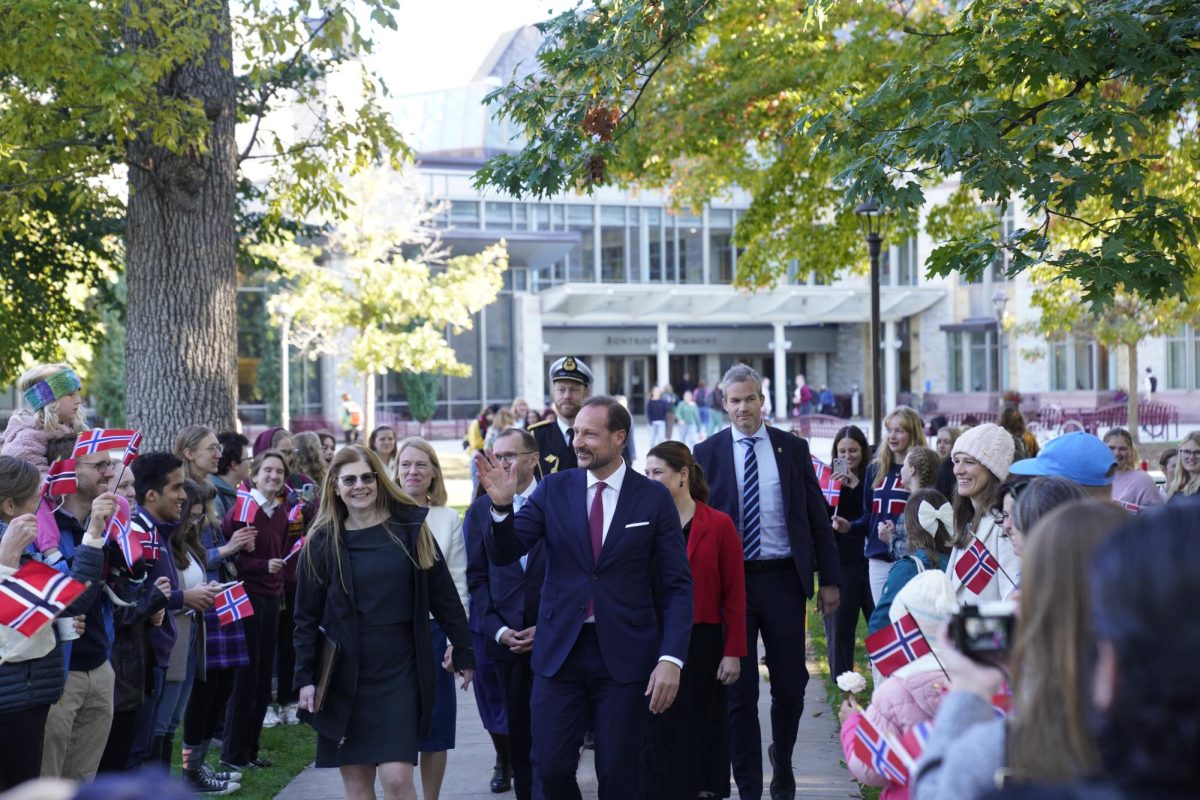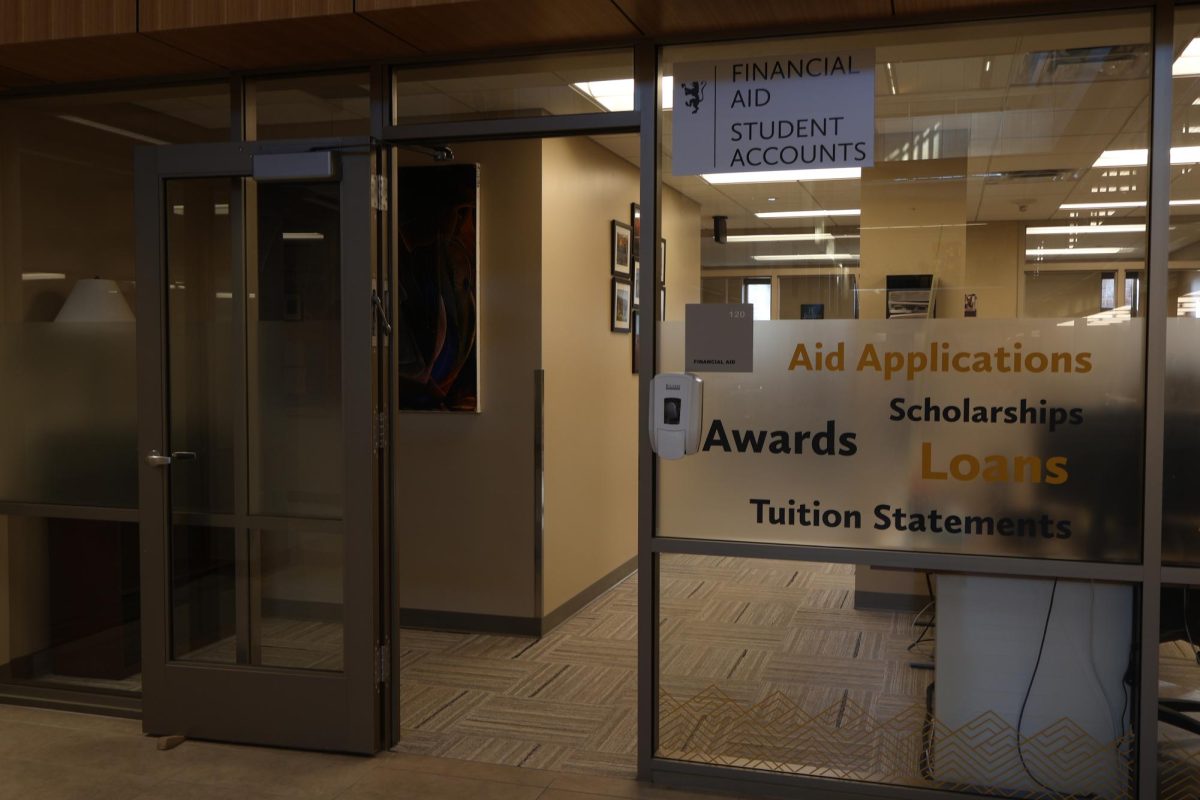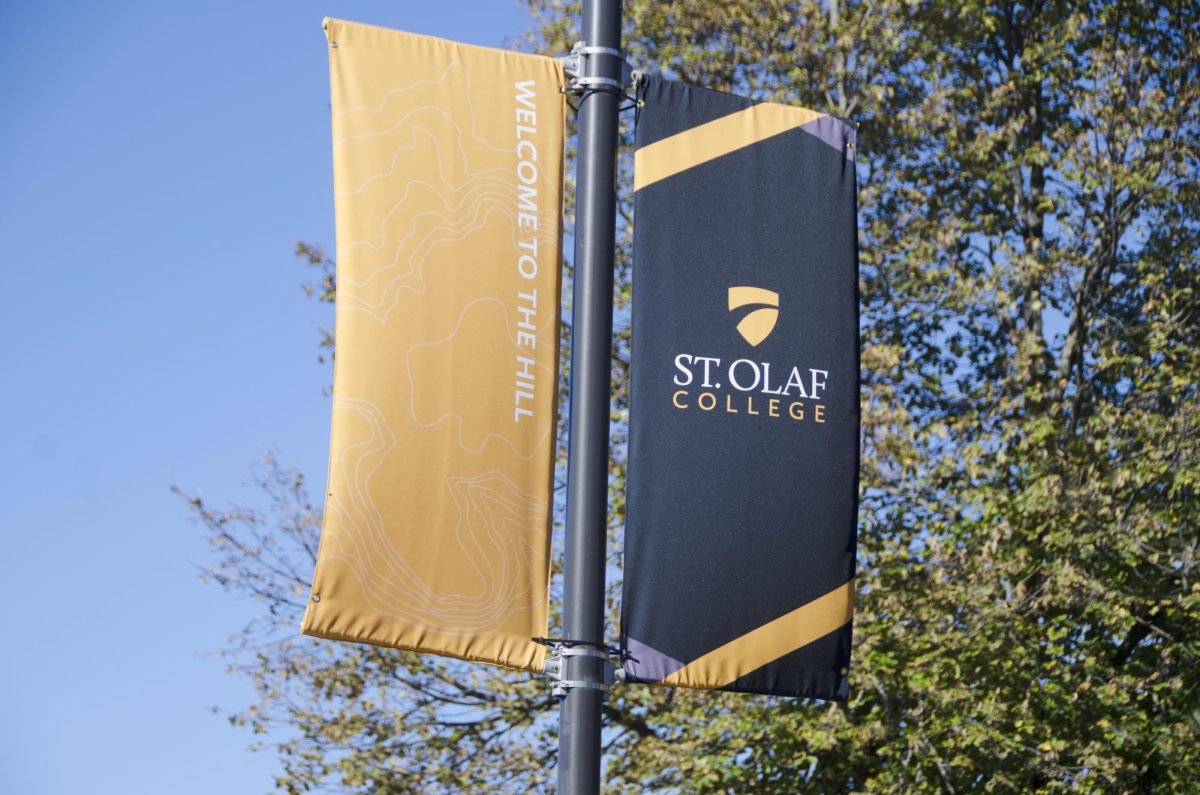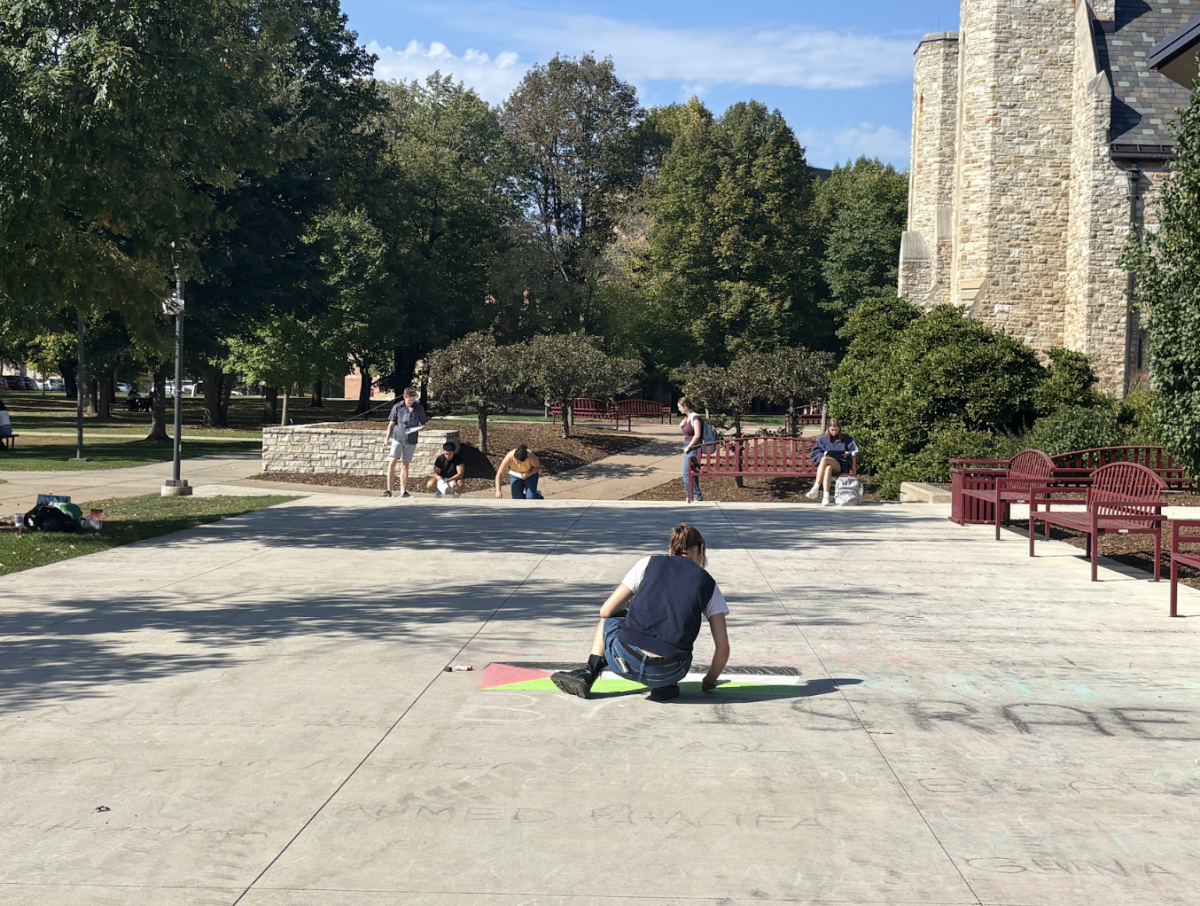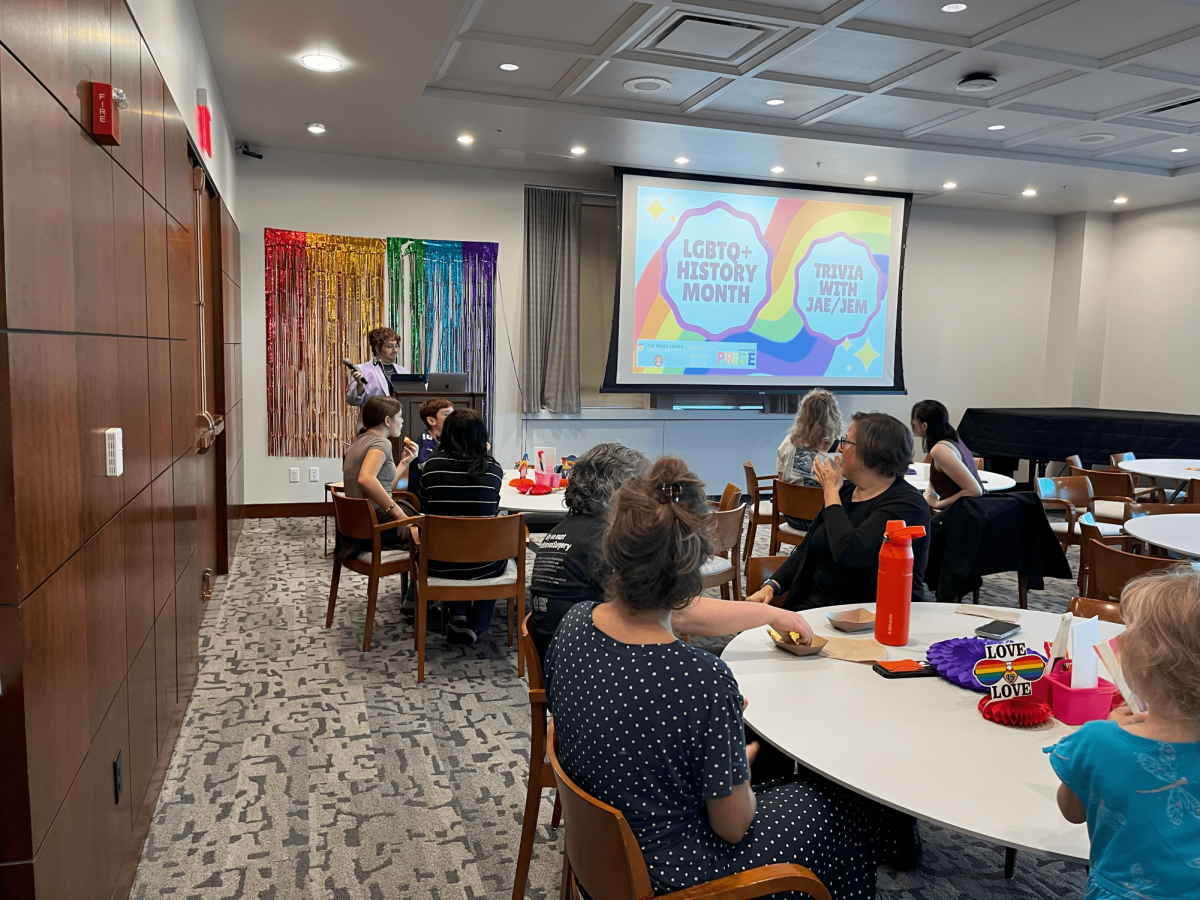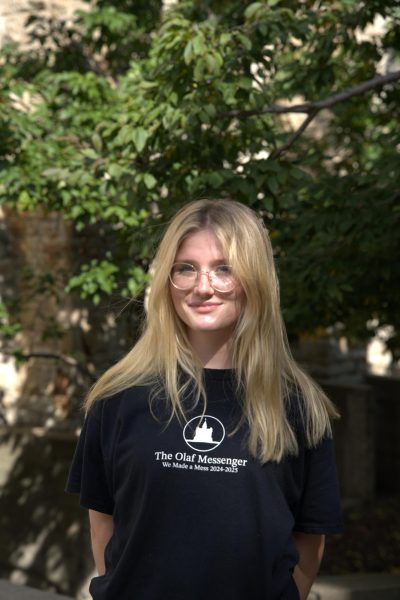The first “Out for Lunch” meeting of 2025 began with the powerful words of Black poet and civil rights activist Maya Angelou.
“You may write me down in history with your bitter, twisted lies. You may trod me in the very dirt. But still, like dust, I’ll rise,” read Damian Waite, Assistant Director for Multicultural, Gender, and Sexuality at the Taylor Center.
The poem, Angelou’s famous “Still I Rise,” is a celebration of resilience and strength in the face of adversity. After finishing the poem, Waite turned to attendees and posed a question: “What does amplifying black voice mean to you?”
Answering questions like this is an important component of the “Out for Lunch” series. The luncheon, a monthly series hosted by the Taylor Center, aims to create space on campus for conversations centered on the lives and experiences of LGBTQ+ individuals. This Feb. the theme was “Amplifying Black LGBTQIA+ History.”
Waite led the group around conversations surrounding important figures in Black history, such as American lawyer and politician Barbara Jordon, transgender activist Marsha P. Johnson, and feminist political activist Angela Davis, highlighting the intersections of race and identity.
“In the history of Black history, Black people have always shared their queerness,” Waite said.
From this, Waite took time to highlight Bayard Rustin, an openly gay civil rights leader who often takes a back seat in conversations about the March on Washington — despite him being a key organizer.
These themes of intersectionality eventually led to reflection on St. Olaf’s community, as well as Northfield’s at large.
“Who are we not including?” Waite said. “What are folks that we do not recognize… we need to be mindful of the history.”
This broader discussion led to an exploration of language and how it shapes the understanding of queer identities. One term that exemplifies the thought process was “same-gender loving,” which seeks to amplify the idea of love in a queer relationship in place of “sex” — as in “homosexual.”
One attendee, Charlie Knieff ‘26 said in an interview with the Olaf Messenger that he had never heard the term before. He found the use of different terminology interesting.
“I’m interested in queer history and queer archives, and I know there are times they are overlooked,” Knieff said.
Another attendee Yann Chen, a visiting assistant professor of German, found similar value in attending the meeting in an interview with the Olaf Messenger. This was their first encounter with the Out for Lunch series. As an educator, they place value in understanding these concepts.
Chen saw the series as an “opportunity to branch out and see queer spaces within the college and go outside of my immediate circle.”
In an interview with the Olaf Messenger, Waite said the cultural intersectionality the “Out for Lunch” program offers is something he wants to continue through the rest of the year — with plans to collaborate with other parts of the college such as the ministry to address religious harm in LGBTQ+ youth.
“I think colleges are scared to have these conversations recently,” Waite said.
To counter this, however, he also shared that the most important time to have these conversations is: “now more than ever.”
